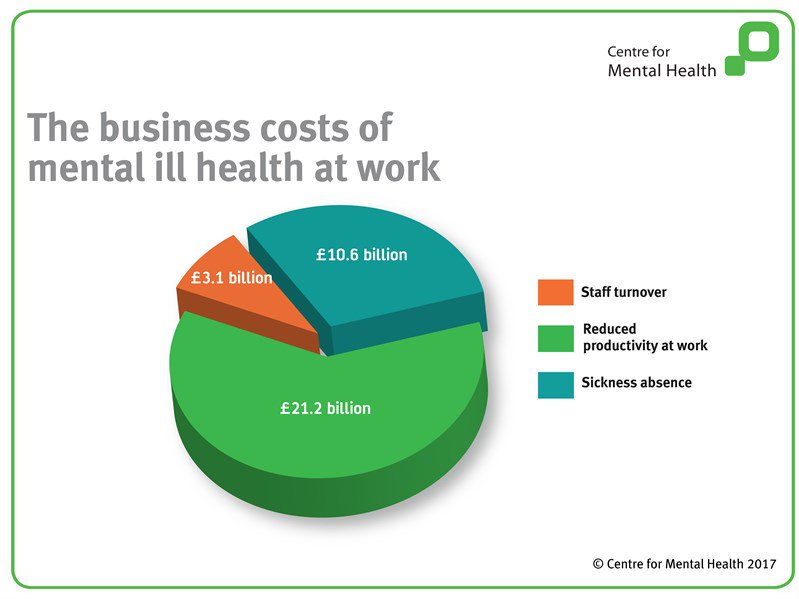“You’ve got to accentuate the positive, eliminate the negative, latch on to the affirmative, don’t mess with Mister Inbetween.”
Music by Harold Arlen. Lyrics by Johnny Mercer. Published in 1944.
Whenever I hear this song (Rumer released a very good cover version in late 2012) it makes me smile and lifts my mood. This could simply be the effect of the music on my brain (a topic for another time), or the action affecting my mood; I’ll elucidate.
There are thousands of self-help books out there offering us strategies, hints and tips that claim to make us feel and be positive, happy and satisfied with our lives. Many of the claimed results are unproven.
However, some interesting new research has resulted in findings that echo the thoughts and writings of late 19th Century psychologist and philosopher William James (brother of my favourite novelist, Henry James).
James’s magnum opus, ‘The Principles of Psychology’ first published in 1890, is still required reading for students of behavioural science (in the US at least). He subsequently published a number of other important works, with disparate yet interesting theories; one of these being an emotion depends on feedback from one’s body.
Even earlier, the Italian Dominican physiognomist and philosopher Tomasso Campanella ((1568-1639) apparently:-
“composed his face, his gesture, and his whole body, as nearly as he could, into the exact similitude of the person he intended to examine; and then carefully observed what turn of mind he seemed to acquire by the change.”
In the 21st Century there is growing scientific evidence that the brain is very malleable. Neuroscientist Michael Merzenich delivered a fascinating Ted talk on the plasticity of the brain and its extraordinary ability to change and adapt itself.
Furthermore, by altering ingrained habits and simply acting in a different way, we really can change our mood. If we make regular efforts to change these habits, we can bring about longterm changes in the way we think.
It’s just as well. With mental health problems on the rise, the cost to our businesses alone is substantial. The new report published by The Centre for Mental Health, UK found that presenteeism alone cost the UK economy £21.2 billion last year, while absenteeism cost us £10.6 billion (both substantially increased in the past few years). If we are to positively impact this very real problem, we need good practical strategies to personally manage our anxiety and stress levels.
Practical strategies
Author of ‘Kitchen Table Wisdom’ and ‘My Grandfather’s Blessings’, Dr. Rachel Naomi Remen, an early pioneer in the mind/body holistic health movement, stresses the importance of finding meaning in our lives:-
“Most of us lead far more meaningful lives than we know. Often finding meaning is not about doing things differently; it is about seeing familiar things in new ways. ”
As is now well-publicised, stories give meaning to our lives. In her view:-
“Everybody is a story. When I was a child, people sat around kitchen tables and told their stories. We don’t do that so much any more. Sitting around the table telling stories is not just a way of passing time. It is the way the wisdom gets passed along. The stuff that helps us to live a life worth remembering.”
As one of Dr Remen’s patients said when he experienced first-hand how one of his most profitable medical inventions (with sales in excess of 10,000 per year) had transformed the life of another of her patients who had been fitted with this device:- “I only knew the numbers, Rachel. I had no idea what they meant.”
Prior to meeting the patient, her relatives and friends who had been involved in her care, this man had felt his life to be a failure, looking only at the ‘negative’ aspects and what he felt he hadn’t accomplished.
Daily Practise
Dr Remen has created some practises (she says they’re cheaper than Prozac!) to be performed at the end of each day. Taking only ten minutes at night, start with the most recent incident and going backwards, first ask yourself ‘what [pleasantly] surprised me today?’ As soon as you find it, write it down.
Repeat this process, asking yourself ‘what touched my heart today?’ As soon as you find something, write that down. On the third and final run, ask yourself ‘what inspired me today?’ Again, write down the first one that comes to mind.
The more you practise this, the more you will be able to see ‘familiar things in new ways’ and, as I am doing more and more, marvel at the wonder and mystery of your daily life.

